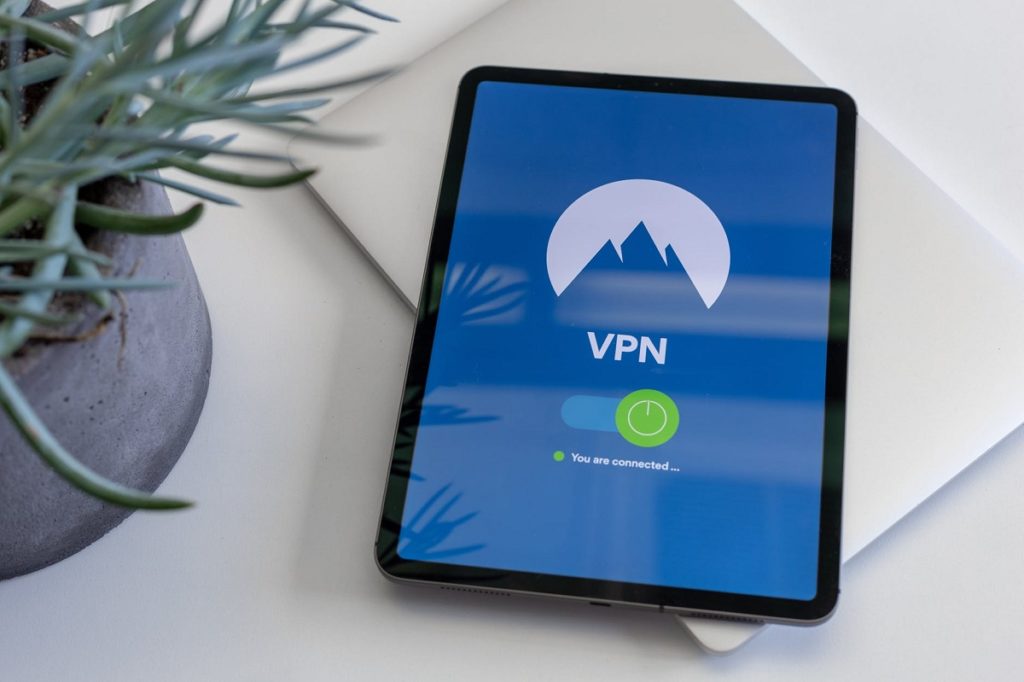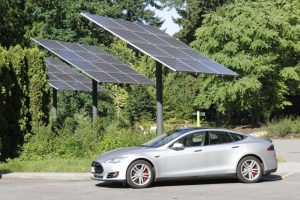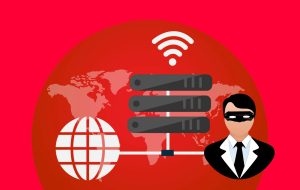When US Congress voted to overturn online privacy rules in 2017, many American consumers began looking into a technology service known as a virtual private network (VPN).
The proposed privacy rules would have required internet service providers to request permission from customers before selling their browsing data. But US President Donald Trump fully repealed the policy not long after Congress voted it down.
Without the restrictions, broadband providers can track and sell people’s information with greater ease. Using a VPN was a logical response.
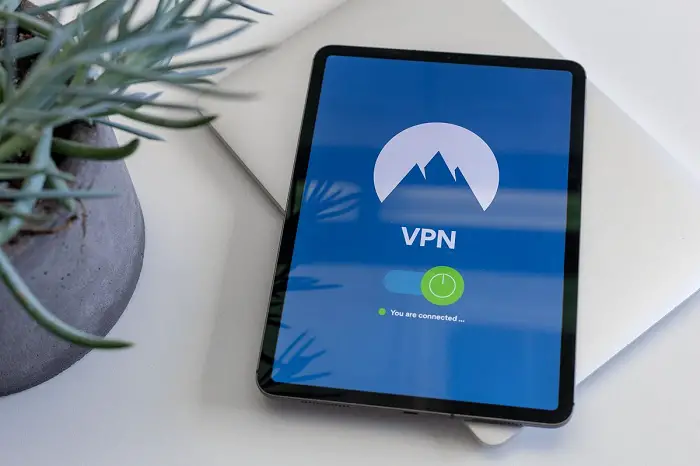
Contents
What is a VPN?
When you browse the web, your broadband provider routes your device’s internet traffic to your destination website.
Each device you use online has an identifier. This identifier consists of a string of numbers, also known as an IP address.
When you are on the internet, your service provider can see which devices you use and which websites you visit.
VPNs help conceal your browsing information from your internet provider – and from others who may be listening in your online activities. The technology generates a virtual tunnel that conceals your browsing information.
When you use a VPN, your web traffic passes through the VPN provider’s internet connection. All your service provider sees is that you are using a VPN, nothing else.
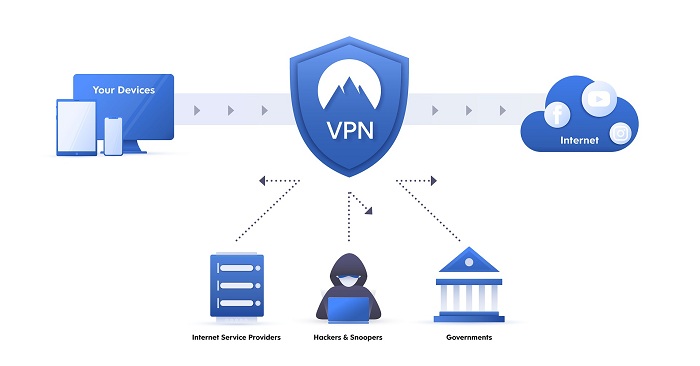
Data Collection and Censorship
The internet cloaking technology is especially useful when you are connecting to a public Wi-Fi network. When you use public Wi-Fi at a cafe, airport, or hotel, it’s often unclear who the service provider is and what the company’s data collection policies entail.
In this situation, a VPN is highly recommended.
VPNs also allow you to make it appear as though your device is connecting from a different location.
If you are in Australia and want to stream content that is only viewable in the United Kingdom, you can connect to a VPN server whose IP address is in the United Kingdom.
This has been of some use to many people in China, where censorship prevents access to much of the worldwide web. (The Chinese government has cracked down on the use of VPNs.)
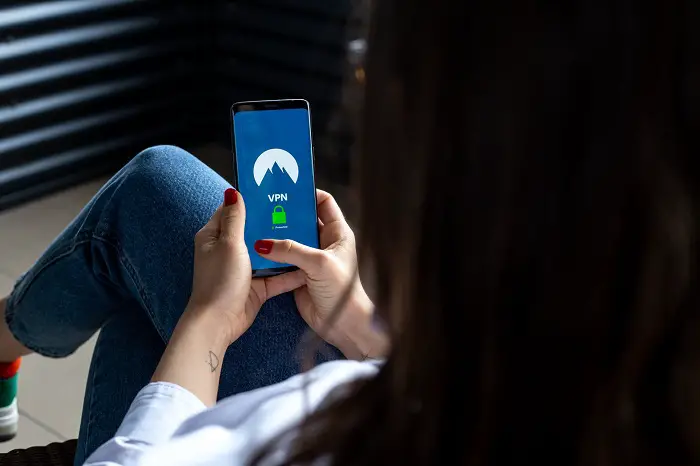
The Death of Privacy?
Then, of course, there is our inherent need for privacy – which VPNs provide as a matter of course.
In the 1970s and the 1980s, people began making themselves famous by exposing their lives on television and in books.
Some of these glimpses into private life were obviously stage-contrived, like the “Lifestyles of the Rich and Famous.” Some took on the atmosphere of exposés, like many of the books, movies, and documentaries about the Kennedys.
Later on, the networks began bombarding us with reality TV shows, which – from the beginning – were both unapologetically sordid and self-promoting.
But these shows by no means mark the death of privacy. On the contrary, they confirm how valuable privacy is.
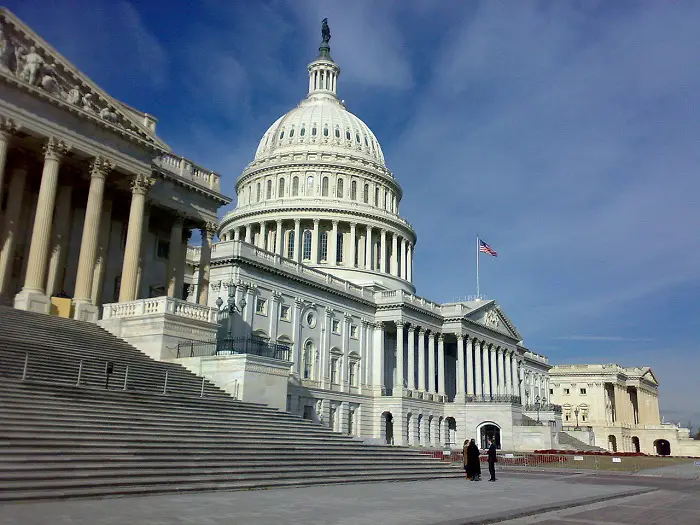
Protecting Your Personal Information
These days, we do not really know who is seeing our data or how they are using the information. Even the people whose job it is to know are sometimes caught flat-footed.
Many were shocked to learn that Cambridge Analytica had harvested the personal information of more than 50 million Facebook users and offered it to clients.
These clients, of course, included the Trump campaign.
Clearly, the perils of data collection by online companies do not lie in the likelihood that they will sell your information. They will.
However, the real danger is that the information can very easily fall into the hands of those whose purposes are less benign.
VPNs are a good way to prevent that from happening.

